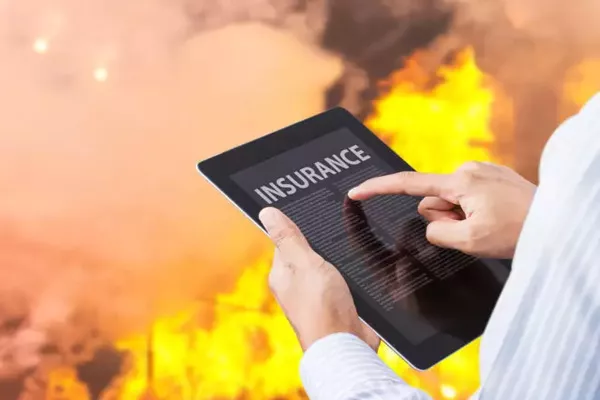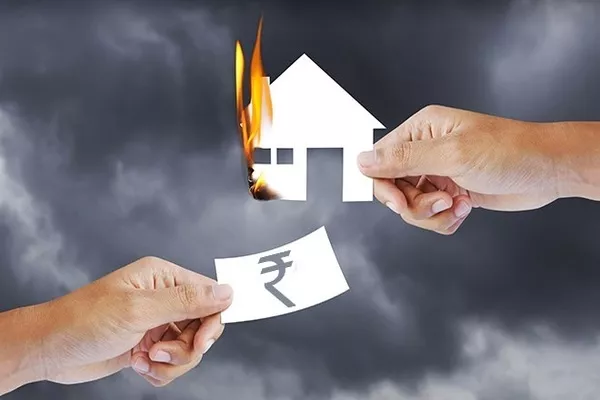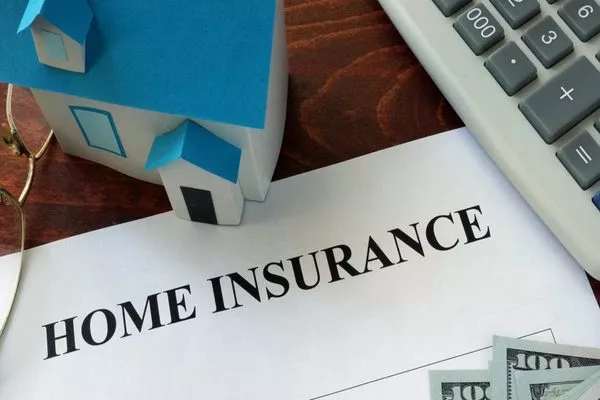One of the most common investments people make is in acquiring things of value, be it a home, a car, jewelry or furniture. Many of them appreciate in value as time goes by, especially real estate; vacant lots, particularly those in prime locations, already hold an increasing amount in value as they are, and more so when actual houses are built upon them.
It therefore becomes important to protect your home not only from occurrences that you can prevent, but also from circumstances that you have largely no control over, such as natural and man-made disasters. This is where the concept of insurance comes in.
The specific insurance that covers this topic is non-life insurance or general insurance, commonly defined as payments provided to compensate for loss due to a specific financial event. Two examples of this are home insurance and fire insurance. What are the differences between the two? Let Philkotse.com help you find out.
1. Fire insurance
This is a specific type of property insurance that covers damages and loss caused by fire. Most of the time, fire insurance is purchased as an addition to a homeowner’s insurance. Its primary goal is to provide financial aid when replacing, rebuilding or recovering in the aftermath of a fire; generally this is what fire insurance policies offer, differing only in specific provisions. The amount you’ll obtain from the policy as a result of damage or loss will depend on the assessment of your policy provider.

Fire insurance is a specific type of property insurance that covers loss and damage caused by fire
For losses to be covered, two criteria must be achieved: First, the presence or evidence of fire must be evident, such as ashes, ignition and fire incident traces. Second, the fire accident must be fortuitous i.e. accidental or unplanned in nature.
By way of example, if your gas tank suddenly exploded as a result of a manufacturer’s defect (which can be determined upon investigation), then your losses are covered since the incident is through no fault of your own. On the other hand, if you forgot to turn off the gas stove before leaving the house, that would be negligence on your part, which can substantially affect your claim for damages.
Also, depending on the policy you signed up for, your living expenses are covered should a fire incident leaves you homeless. This might provide significant (if temporary) relief in case you are forced to use pay for lodgings as a result of the fire. Just secure your receipts related to such expenses, since insurance companies require those upon submitting a claim.

Depending on what policy you invested on, your living expenses are covered should a fire incident leaves you homeless
2. Home insurance
Home insurance, on the other hand, is property insurance that is broader in scope, covering damage from natural events. This can include theft, fire and lightning, hurricanes and even hailstorms. Aside from safeguarding the physical integrity of your home, home insurance can also protect your valuables inside, as well as additional structures attached to your house like fences and the garage.
Personal liability coverage is another benefit provided by home insurance, defined as when you or the covered residents of your household are legally responsible for bodily injury or property damage sustained by others. Let’s say that your child is playing ball outside, and he accidentally breaks the neighbor’s window. The resulting damage to property can be settled using your home insurance policy, without resorting to costly legal action.

Aside from securing the actual structure, home insurance can also protect your valuables as well as extensions of your home
The coverage and the amount to be paid out depends on the kind of policy you signed up for. It’s important to read the fine print within every insurance policy, to avoid assumptions that the policy will cover certain kinds of damage, when in reality it doesn’t.
3. What’s the difference then?
Fire insurance and home insurance are not the same. Although they are complementary in nature, their coverage is quite the opposite.
As you might have noticed, home insurance and fire insurance differ in coverage. Fire insurance covers the exterior aspect of your home, meaning the structure itself and the fittings and fixtures initially installed before the addition of furniture and other belongings inside. Fire insurance covers incidents related to fire like accidents due to faulty electrical setups, earthquakes, fires caused by lightning and explosions from gas leaks.
On the other hand, home insurance generally covers the exterior, interior, associated structures and liabilities that can occur both on your property and another’s. Damage from theft, accidental car crashes, hurricanes, lightning, fire and hail are covered under this.
4. Why buy additional home insurance to your fire insurance?
You’ll never know the damage that may arise due to a fortuitous event. You may have fire insurance, but this only covers the base, not what’s inside the home. It is essential to have home insurance to secure what you have invested in your home.
4.1. Protects your home and other structures attached to it
As home insurance covers the damages to your home and connected structures from a wider range of risks, this gives you greater protection against loss or damage. The actual value is when an insurance company reimburses the monetary value of the property damaged or lost. While replacement value is when an insurance policy pays you the amount it would take to replace the property with a similar one in the current market.

Structures like sheds, garage and fences will be covered, if they are damaged at the time of the incident
4.2. Protects your personal belongings
If your home has been burglarized and valuable items have been taken as a result of the theft, home insurance will cover the cost of the loss, if they have been declared in the policy.
4.3. Protects your family and your guests
Unfortunately, accidents happen at times. If you or any of your family members are legally liable whether for accidental injuries within your property or accidental damage to your neighbor’s property, home insurance will cover the relevant medical bills and repair costs, as necessary.
Recent posts
- How to Save on Insurance Premiums When Buying a Car Aug 09, 2022
- What kind of car insurance in the Philippines fit you the most? Oct 13, 2020
- Car insurance in the Philippines: Comparison of Comprehensive & Liability insurance Oct 13, 2020
- Which is the best car insurance company in the Philippines? Oct 13, 2020












